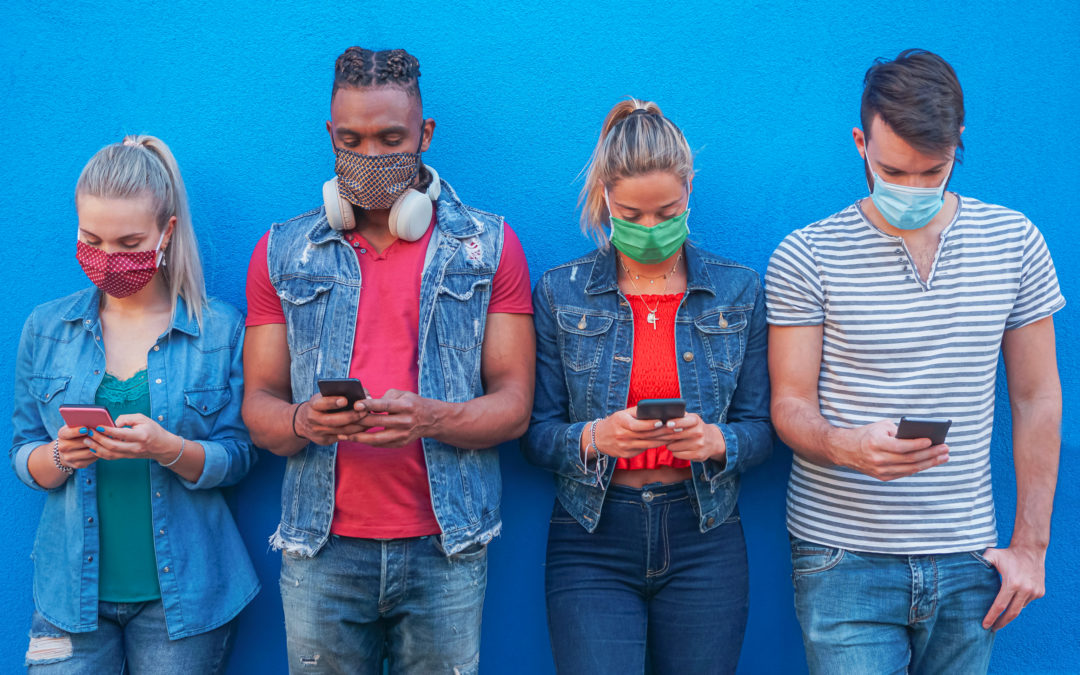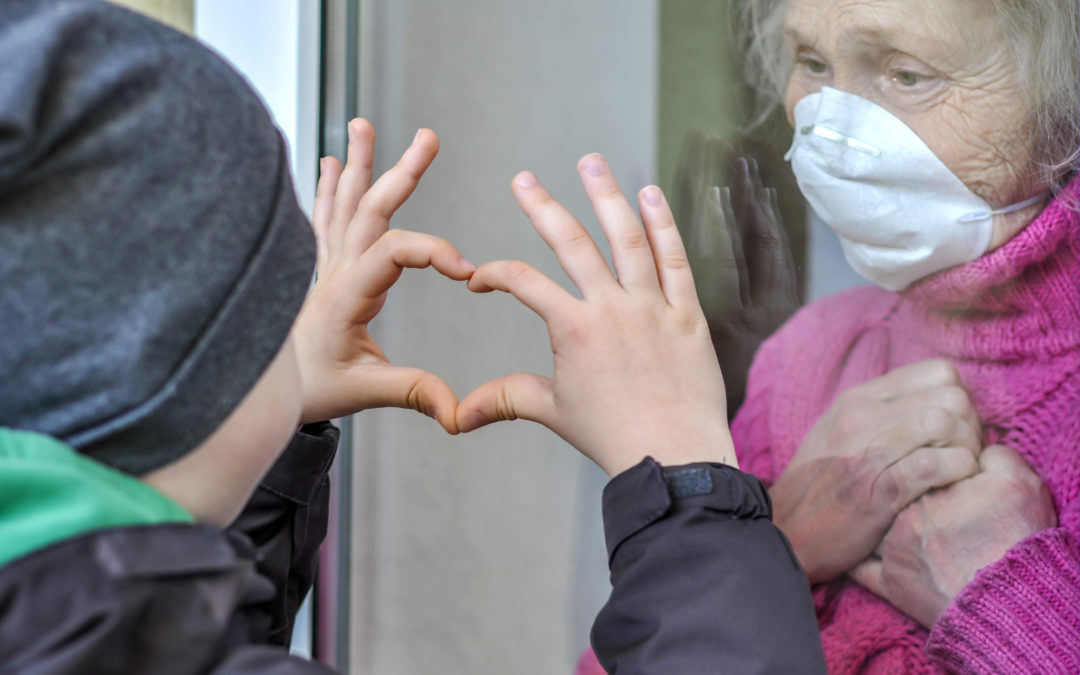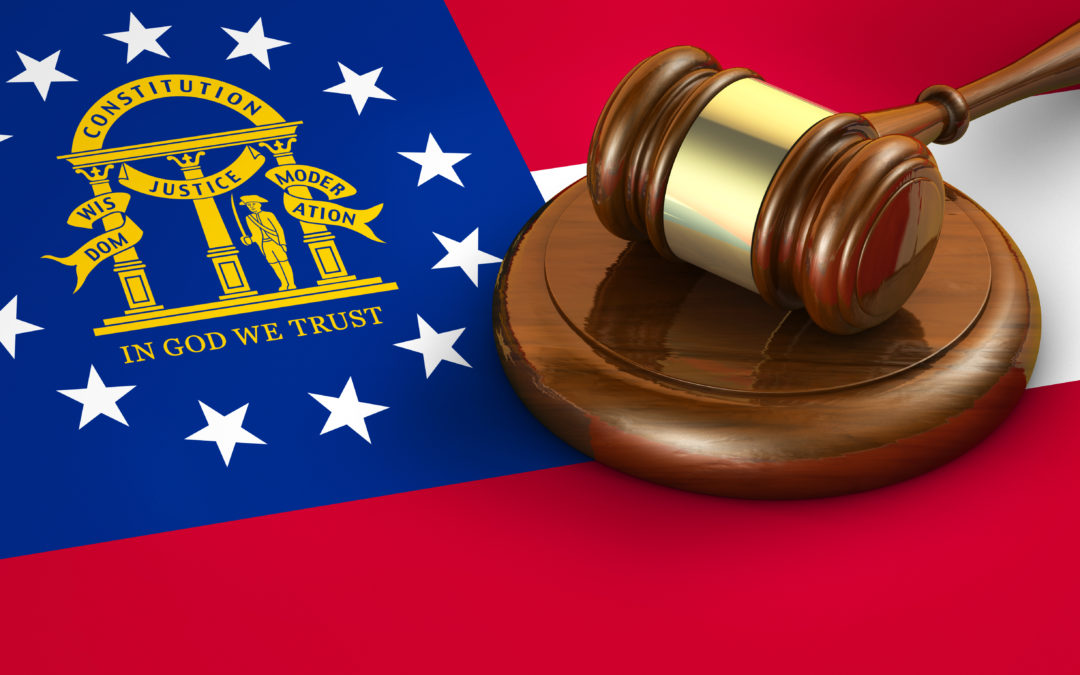
Chris Glinski: Overcoming Barriers Of Addiction
CHRIS GLINSKI:
Overcoming Barriers Of Addiction
Chris Glinski was addicted to heroin He has aspirations to be a therapist and was recently married in 2016. “Where I am at now, it feels so foreign that I had this debilitating addiction that prevented me from love and joy,” Chris said. Chris’ story is an example of overcoming barriers and beating addiction.
Chris lived in Chicago for the first six years of his life. Both of his parents were young when they got married. By the time Chris’ mom was 20 and his dad was 21, they already had three kids. “They did the best they could,” Chris recalls. His dad was often away working while his mom was busy running a daycare in their home. At one point she was babysitting 15 different children. This caused Chris to get little attention. So, in order to find the attention he needed as a kid, he started turning to his friends. “I found family, outside of my [blood-related] family, through my friends,” he remembered.
The Beginning
Chris’ journey to addiction started with general curiosity. He and his friend would start drinking together for fun. However, Chris eventually came to the realization that he had the ability to control his moods with substances. He began to like the feeling that weed and alcohol provided to him. “I liked this feeling a lot more than being sober,” Chris admitted. By the time Chris was 14, he was “smoking weed, popping pills, and coasting through life.”
“I was always ashamed because I felt like I was this unlovable creature.”
Chris recalls being an aggressive kid growing up. He would fight other kids in his school based off of his unresolved anger towards life. He recalls that it was “lucky that he finished high school.” After he finished his high school education, he attempted one semester at college only to flunk out. He would pick up jobs as a waiter and whatever else he could find to stay afloat and pay for his addiction. Chris said that he, “…eventually started having legal issues. I got arrested for felony and burglary.” The path that he was on was not sustainable.
The Depths of Addiction
The prescription pills that Chris was hooked on were starting to become harder and more expensive to get due to increased regulation. With Chris heavily hooked on hard drugs, the only “natural move for an addict” was to turn to heroin. “Luckily I was a terrible drug addict. I got arrested a lot. That was what saved my life,” Chris recalls. He stated how he was going down a path of destruction and his only options were prison or death. In November of 2013, Chris went to jail for possession of heroin. This was his second felony and this was also after several misdemeanors. Chris’ road to recovery started at this event.
“I felt like I had hope now.”
The Journey to Recovery
After a month in jail, Chris was given the option for drug court. Knowing that this avenue was not a sustainable way to recover from addiction and that it would only lead him to use heroin again, he refused. Chris wanted to be granted another opportunity. “I was hoping to go to No Longer Bound.” He had a friend who went to the No Longer Bound program and was staffed there. The organization “enrolls men in a 12-month residential regeneration process to rescue addicts, regenerate men, and rescue families.”
“By the grace of God, the judge gave me the sweetest deal…If I completed the No Longer Bound program, my record would be wiped clean. Also, anytime that I spent in college would count towards my community service hours. Finally, any dollars I spent towards college or treatment would be put towards my court fines. It was great,” Chris exclaimed. With that decision, Chris left jail for the last time and enrolled in the No Longer Bound program.
Hope for the Addict
Chris never before felt as good as he did then when he was at No Longer Bound. “I had an entire year to focus on myself and grow up. I was 21-years-old at the time,” Chris said. The program helped him work through a lot of the shame and regret that he had from his years as an addict. “I had this internal belief system that caused me to have low self-worth, the inability to cope in a positive way, and feeling like I was a failure,” he added. He was able to find joy and hope through his time at No Longer Bound. Chris spent that year in the program building up confidence in himself.
“I want to make sure I am serving people in No Longer Bound, my community, and my family.”
Coming out on Top
After his year of treatment was finished, Chris enrolled in No Longer Bound’s after-care program as an intern. He spent that time helping out in their marketing needs and also helped with the groups that No Longer Bound’s counselors taught in the mornings. In 2015, he enrolled back in college and got his Bachelor in Human Services. He is now seeking his Master of Mental Health Counseling so that he can become a licensed therapist. “I didn’t realize how easy school was until I got off drugs,” Chris remarked. His life completely turned around and that is because of the work he did to overcome barriers in his life with the help of No Longer Bound.
No Longer Bound’s mission is to rescue addicts, regenerate men, and reconcile families. Chris’ story is a perfect example of that mission being accomplished. The Georgia Center for Opportunity partners with No Longer Bound in the form of helping reconcile families. GCO’s Healthy Families Initiative provides classes and a curriculum to help the men in No Longer Bound to improve their relationships with others. “I’m not saying I owe anything to No Longer Bound, but that opportunity saved and changed my life,” Chris concludes.









